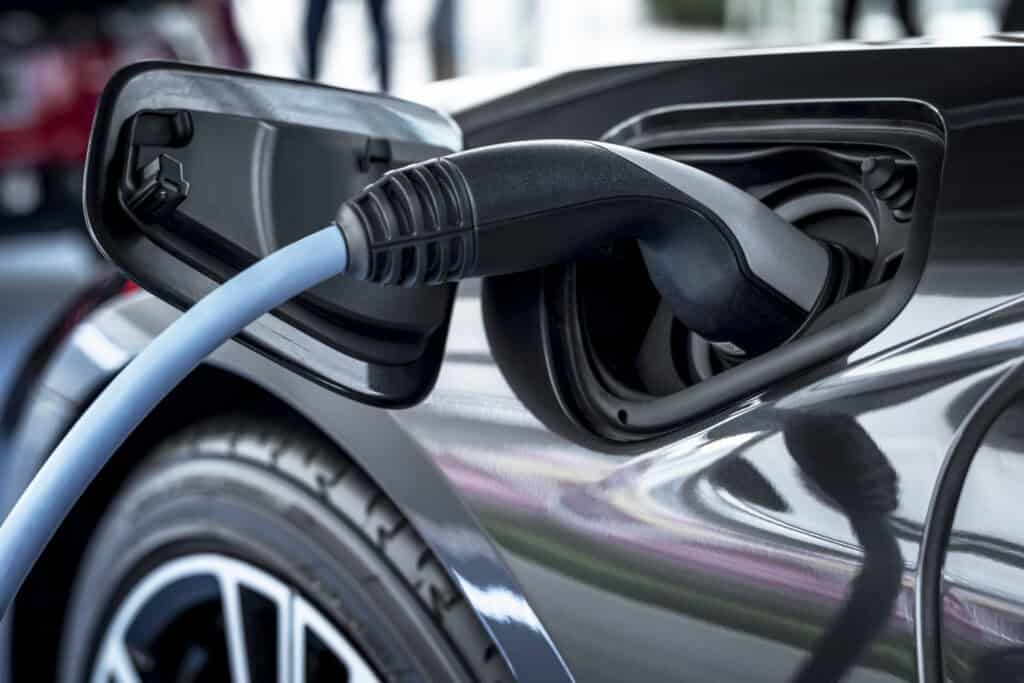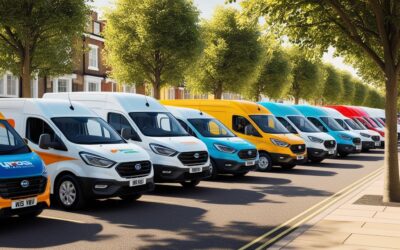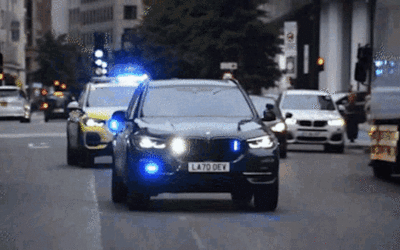Growing backlash over cuts to electric car grants – what does it mean for fleets?

On Thursday the government announced its plan to cut the electric vehicle grant.
The Department of Transport announced it would reduce the grant from £3,000 to £2,500 and that it will be restricted to cars under £35,000 (previously £50,000).
Grants will no longer be available for higher-priced vehicles.
The viewpoint being that higher-priced vehicles are “typically bought by drivers who can afford to switch without a subsidy from taxpayers.”
We’re all familiar with the push towards zero emissions – and the 2030 ban on petrol and diesel vehicle sales – so it’s unsurprising that many are considering the timing of this decision to be ill-judged.
The consensus is that although the EV market has been gathering momentum in recent months, there are still concerns surrounding electric vehicle running costs and infrastructure.
The grant was to act as an incentive – to bridge the gap in price when it came to customers making a choice on the forecourt. There’s a concern that any changes to grants and eligibility criteria could have an impact on up-take.
What’s the reason for the change?
According to Transport Minister Rachel Maclean there’s a better choice of affordable vehicles on the market now and a growing demand. Which means the funding will go back into that section of the market where taxpayers’ money will make more of a difference.
How will this affect fleet vehicles?
With the 0% BIK rate for pure EVs having an impact on buying habits, EVs have had a year on year increase. As a result, there will be a significant number of corporate and commercial vehicles currently in the order process that will now miss out on the government grant.
Popular fleet vehicles like the Tesla model 3 and Hyundai Kona Electric 64kWh will no longer be eligible for a grant.
The Association of Fleet Professionals (AFP) believes it is “too soon” to cut support for EVs.
“While we have seen massive enthusiasm growing for EVs in the fleet sector over recent months, the whole subject is still very much in its infancy and there is general agreement that the help that the grant scheme provides remains if not essential, then very important,” said AFP chair Paul Hollick.
“We’re especially disappointed around the £35,000 ceiling on cars. There are a number of models that fleets are adopting in number that will be affected by this. The situation in the van market is even more acute. Fleet adoption of electric vans has barely begun simply because of lack of availability of models and to reduce the grants substantially, just as they are starting to enter production, is a little mystifying.
“However, the bigger point is really the lack of signposting from Government.
“We’ve been saying for some time that the 2030 EV target is very much achievable for fleets but that what we need is a clear roadmap over time, especially when it comes to the fiscal basics that affect company cars such as benefit in kind, road fund licence and, in this instance, the EV grant scheme.”
The change in support has come out of the blue and doesn’t exactly create the kind of stability that’s needed for fleet adoption of EVs. Whether the plug-in car grant – currently due to run until early 2023 – could also be phased out without warning remains to be seen.
If you’re involved in the world of fleets and see this affecting you, drop a comment and tell us about it.
Recent Posts
- Road Traffic Levels On The Rise As Road Safety Concerns Grow
- Road Safety: Councils Told To ‘Prove’ Pothole Repair Progress To Access Funding
- Millions Of Vehicles Remain On The Road Despite Safety Recalls
- ‘One Third’ Of Local Roads Are At Risk Of Structural Failure In The Next Five Years
- Fleets Urged To Check DVLA Policy Over Tests That Could See Drivers Fined £1,000










